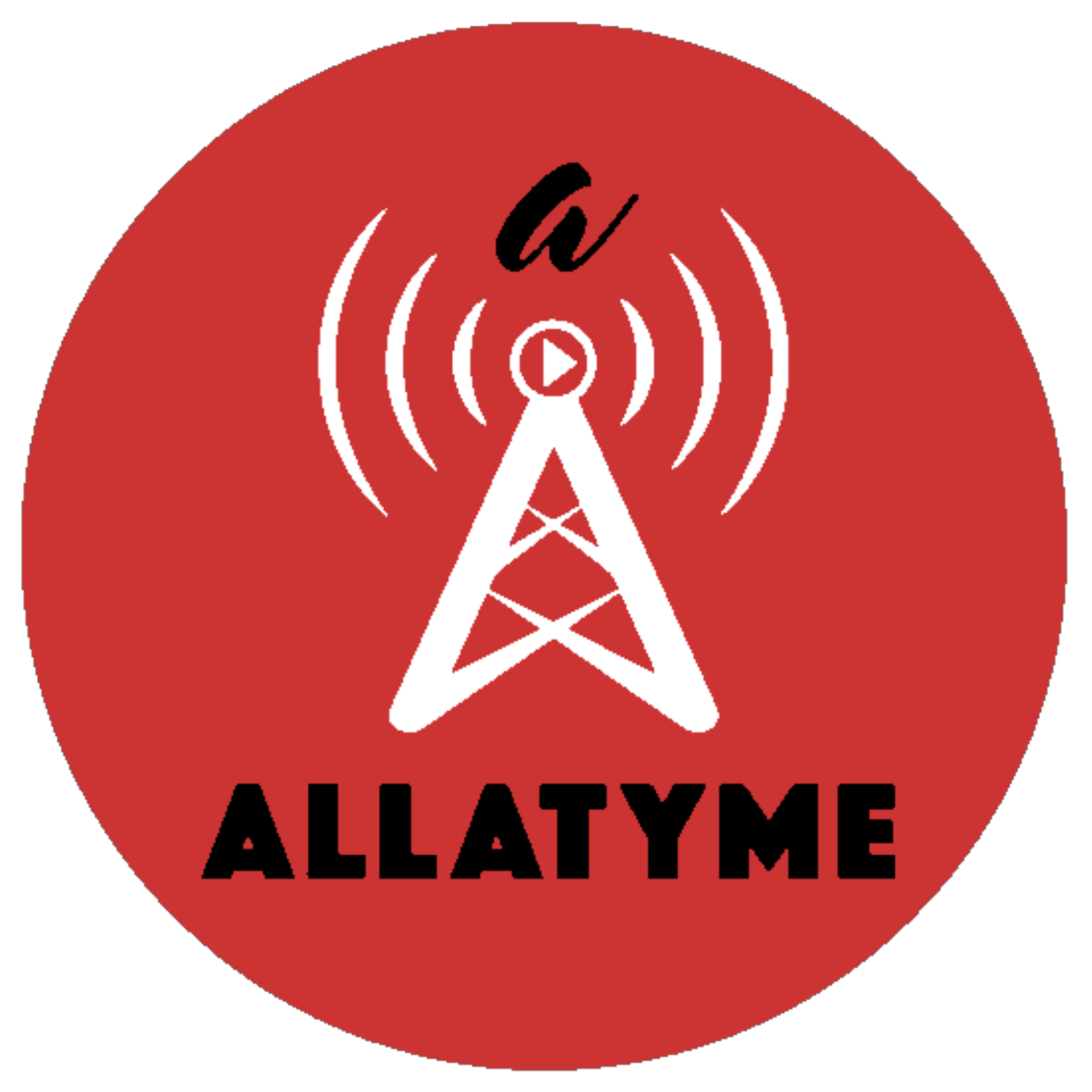Voting: Securing the Electoral Process
Blockchain could transform the voting system by making the process more secure and transparent. By recording votes as transactions on a blockchain, governments can create a tamper-proof record of the voting results, minimizing the potential for fraud and ensuring the integrity of elections. This application could revolutionize democracy by making elections more accessible, reliable, and secure.
Legal Industry: Streamlining Operations
The legal industry benefits from blockchain through improved transparency and automation. Smart contracts can automatically execute agreements when certain conditions are met, reducing the need for intermediaries and lowering the chances of disputes. Additionally, blockchain can be used for proof of authorship for intellectual property rights, registration, and enforcement.
Media and Entertainment: Protecting Copyrights
In the media and entertainment industry, blockchain provides solutions for copyright management and ensuring that content creators are compensated for their work. By using blockchain to track the creation and distribution of digital content, artists can maintain control over their intellectual property and ensure that revenues are distributed fairly among all contributors.
Conclusion
Blockchain technology is proving to be a foundational technology with the potential to create new foundations for our economic and social systems. Beyond Bitcoin, blockchain is finding applications in a vast array of industries, changing the way we transact, interact, and organize ourselves. As this technology continues to evolve, its full potential is only beginning to be realized.
Explore more about how blockchain technology is influencing different sectors and what it means for the future of these industries on Allatyme.com. Stay informed about the latest developments in blockchain technology and understand its broader implications beyond just the financial realm.




